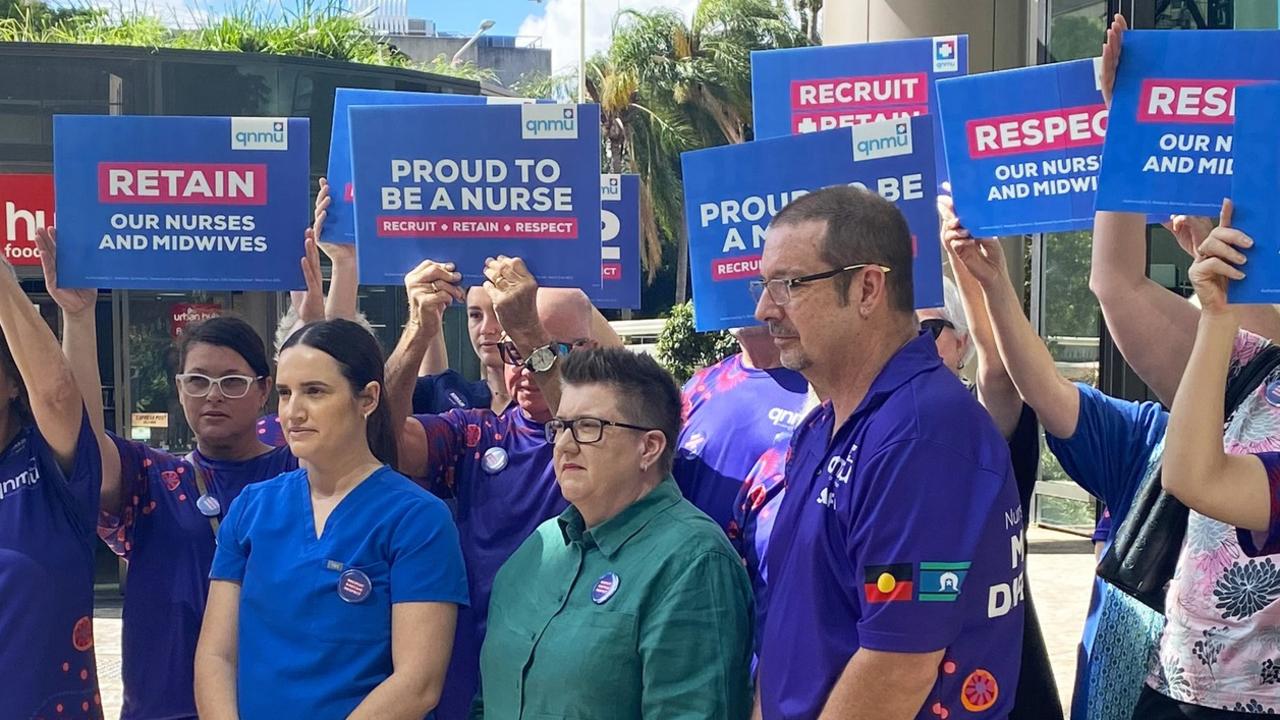Fatal feline disease now being legally cured thanks to a drug approved for COVID-19 in humans
Desperate pet owners no longer have to head to the black market to find lifesaving medication for their severely ill cats, with a new Covid-19 pandemic drug being used to cure a formerly untreatable disease.

QLD News
Don't miss out on the headlines from QLD News. Followed categories will be added to My News.
A new drug now available in Australia thanks to the Covid-19 pandemic is also being used to save the lives of cats diagnosed with a formerly untreatable disease.
Veterinarians hope a medication approved for use in people hospitalised with the novel coronavirus will not only save lives of cats diagnosed with the usually fatal Feline infectious peritonitis (FIP), but would also help limit desperate cat owners buying a similar drug on the black market from China.
James Foster, 52, from the Brisbane Veterinary Specialist Centre in Albany Creek, said FIP was a mutation of an intestinal coronavirus that cats can contract, usually unknowingly from their mother when kittens.
Prior to a few months ago, owners were given the option of palliative care or euthanasia for a FIP-positive cats.
“(The viral disease) is common and most cats don’t get any clinical symptoms. It sits in their intestine and doesn’t do anything terrible to them,” Dr Foster said.
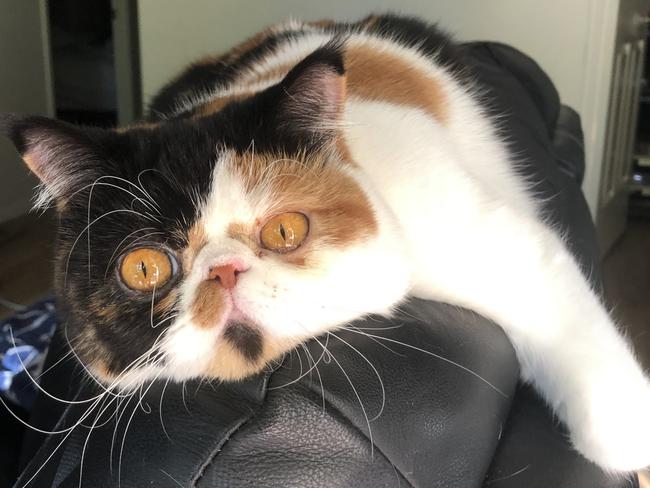
“Occasionally, it will mutate and become a nasty form of the virus that starts to move around the body.
“Once it becomes full blown FIP it’s almost always fatal.”
But in July 2020, an antiviral drug named Veklury, also known as remdesivir, was given provisional approval by the Therapeutic Goods Administration (TGA) as the first treatment option for humans hospitalised with COVID-19.
Invented by the US pharmaceutical company, Gilead Sciences Pty Ltd, Australia was one of the first regulators to authorise the use of remdesivir to treat people suffering from severe novel coronavirus infections.
Dr Foster said once a drug was approved for human use, veterinarians were also able to access the medication.
He also said although the feline coronavirus is highly infectious among cats, it is a different strain to the human COVID-19 and cannot be transferred from cats to people or vice-versa.
Because most cats had to be injected with remdesivir daily for up to three months, the treatment could cost thousands, but the new drug had already saved the lives of two FIP-positive pets Dr Foster has treated.
A third one, Smooch the 2-year-old Exotic shorthaired Persian, was now about 30 days into her 84 day medication regimen.
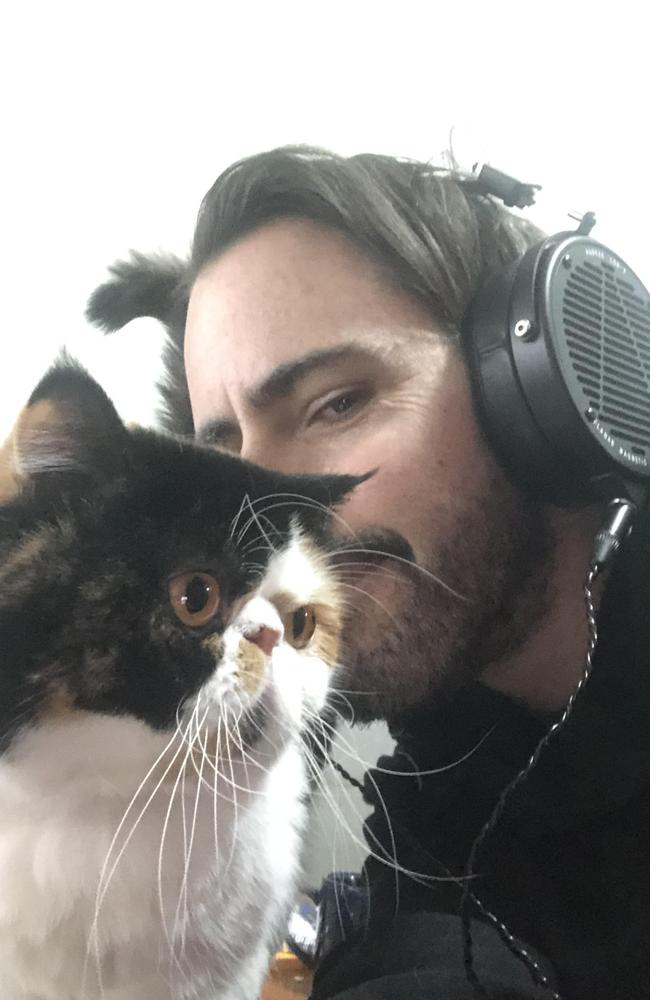
Ryan Allen, 38, of Brisbane, said although injecting his cat daily was not ideal, he was grateful Smooch, who was diagnosed in May, now had a chance of survival.
“It’s not the easiest thing to do but hopefully it will be worth it,” he said.
“I felt I needed to do all I can to do to try.
“I don’t have a partner or kids so she’s pretty important to me.”
The DJ and music producer said Smooch had had some good and bad days.
“Last week she was doing great, jumping up and playing and things I hadn’t seen her do for a while,” he said.
“The last few days she has been a bit sluggish.”
Mr Allen said he was happy he had pet insurance, as the total for 84 days of the liquid medication totalled about $5860.
It was still less than the up to $US10,000 some owners around the world had been paying on the black market – via online groups – for GS-441524, a similar but still unapproved drug also made by Gilead.
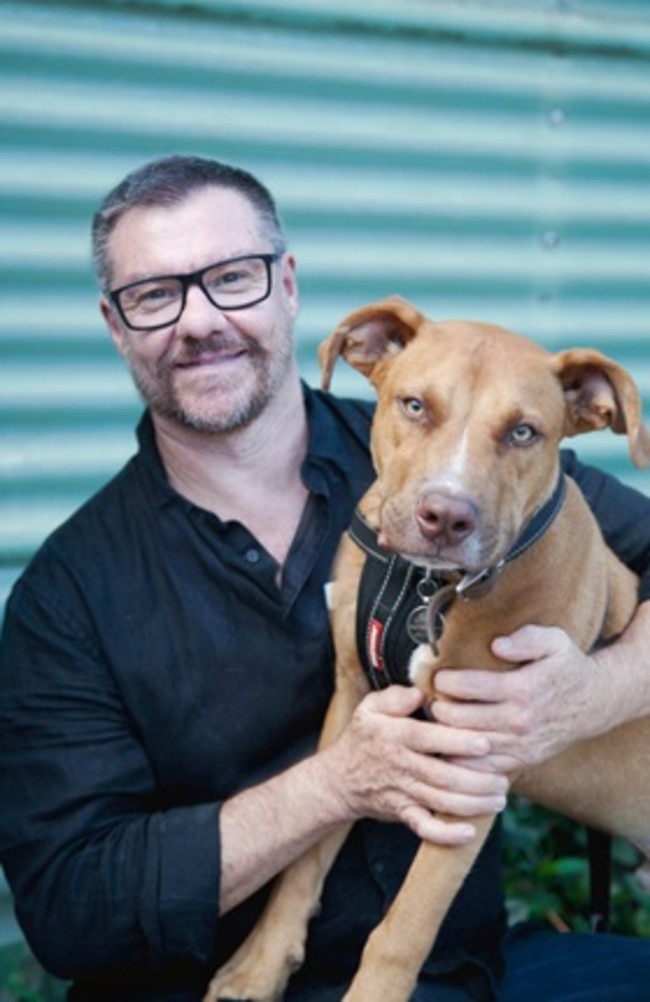
When the well-researched recipe hit the internet, overseas manufacturers started to offer it to people around the world who were desperate to save the lives of their cats but who had no legal avenues available to obtain FIP medication.
While Gilead researchers were studying the possibility of remdesivir being used to treat the Ebola virus disease in humans, US scientist Niels C. Pedersen, in conjunction with Gilead, tested GS-441524 in cats and found it to be 80 per cent successful in curing FIP.
When remdesivir, which was already in human clinical trials, showed hope for treating COVID-19 the drug received authorisation from the US Food and Drug Administration for emergency use in severe cases of coronavirus.
But Gilead refused to license GS-441524 for use in animals, according to a 2020 article in The Atlantic.
“The company was working toward FDA approval of remdesivir for ebola and feared that research on GS-441524 in cats might interfere with the approval of remdesivir for human use,” the article stated.
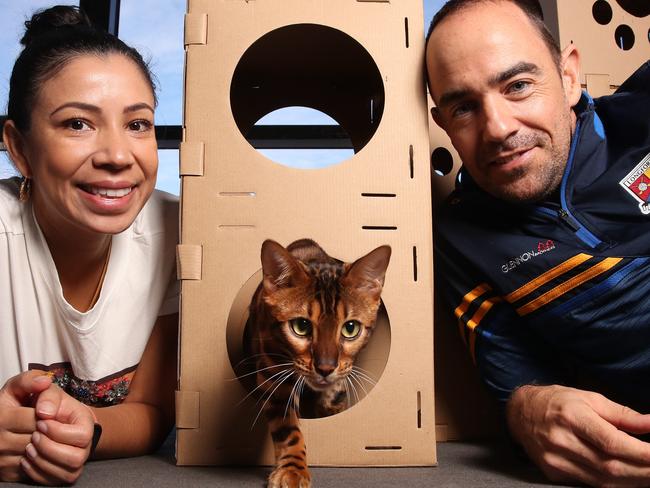
In a March 2021 report, titled Summary of GS-441524 treatment for FIP, Dr Pedersen indicated that less GS-441524 liquid would be needed to cure cats and could potentially have less side effects than remdesivir.
The Distinguished Professor Emeritus from the University Of California School Of Veterinary Medicine, wrote he hoped a legal form of GS-441524 would be available soon though remdesivir was the only already-FDA-approved hope for FIP treatment.
“I have no experience treating cats with remdesivir instead of GS-441524,” he wrote.
“However, groups in Australia and some Asian countries are starting to use it and report identical results to GS-441524.”
In August, the TGA and the Australian Veterinary Association urged people not to try to buy the unregistered GS-441524 or another version dubbed GC376 online, as they are not approved for human or animal use in Australia.


